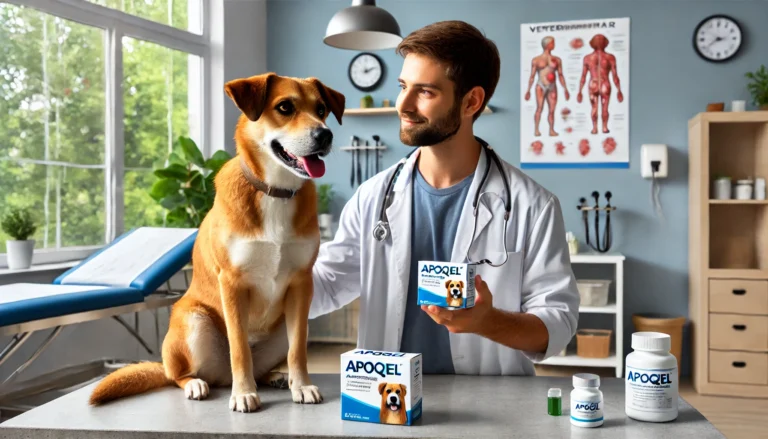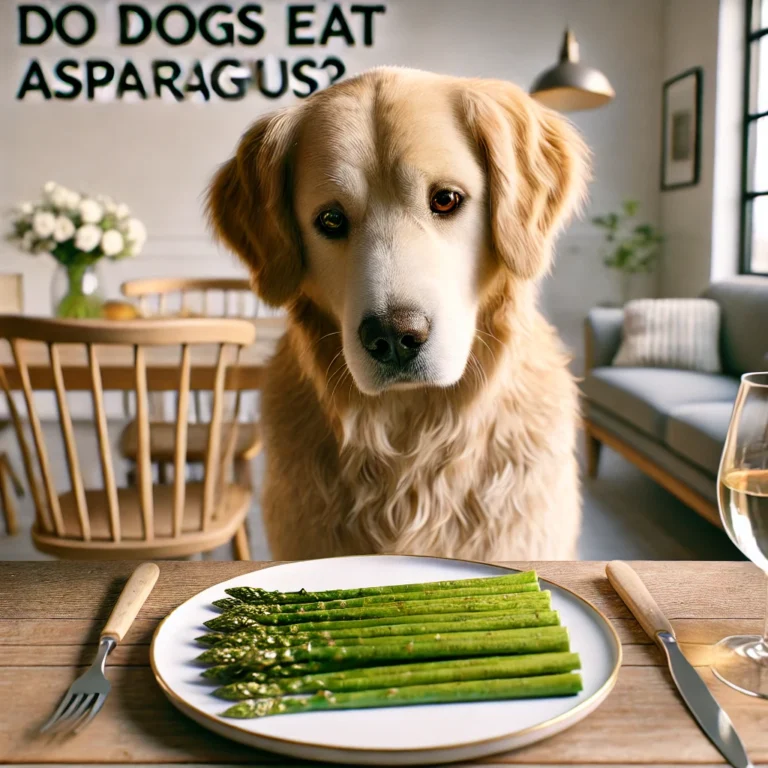can dogs eat garlic?
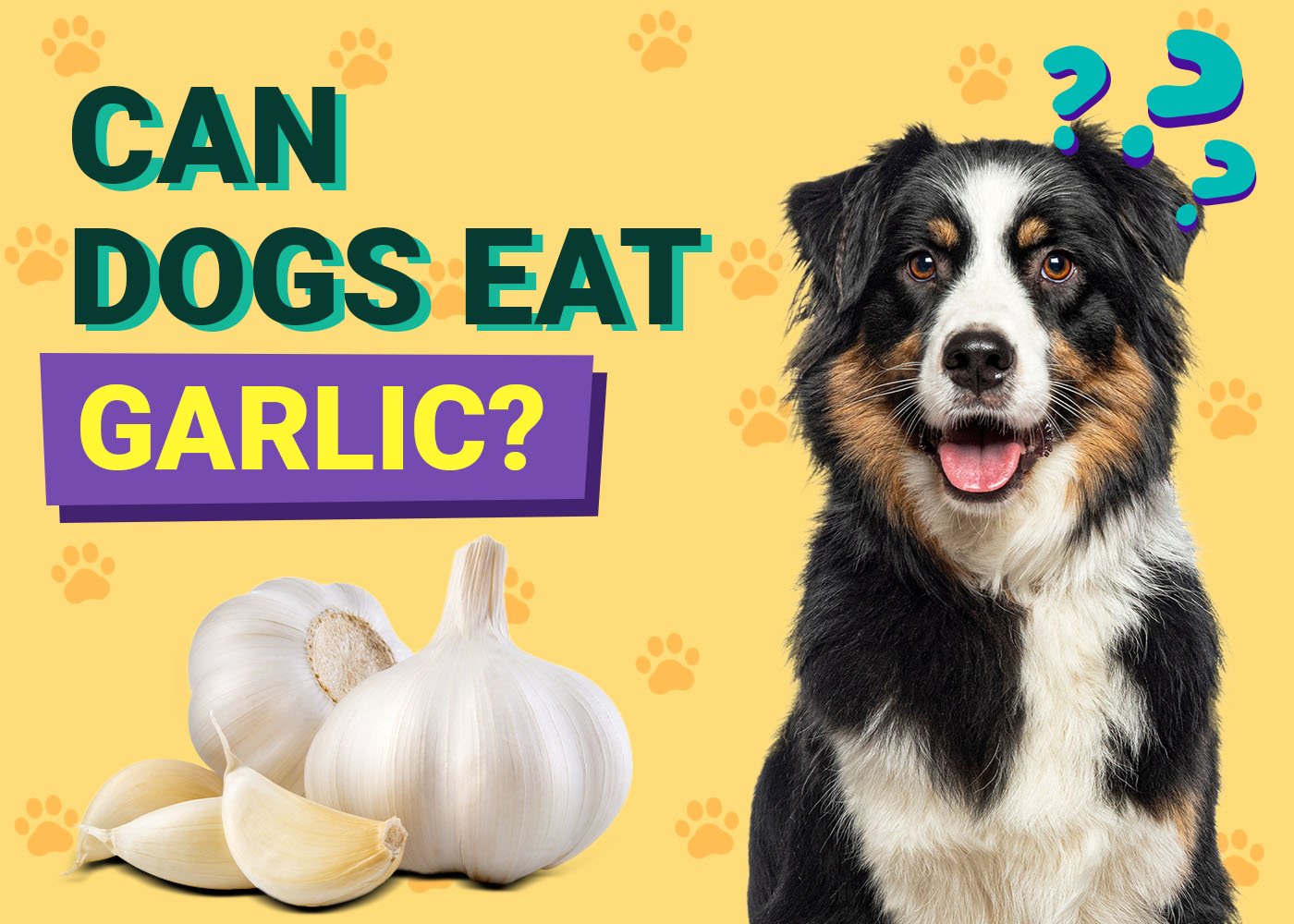
When it comes to pet nutrition, many dog owners find themselves pondering, “Can dogs eat garlic?” or “Is garlic bad for dogs?” These are crucial questions, as garlic is a common kitchen staple known for its robust flavor and presumed health benefits for humans. But does the same hold true for our canine companions? Let’s delve into the complexities of garlic and its impact on dog health, thoroughly exploring whether garlic is good or harmful to dogs.
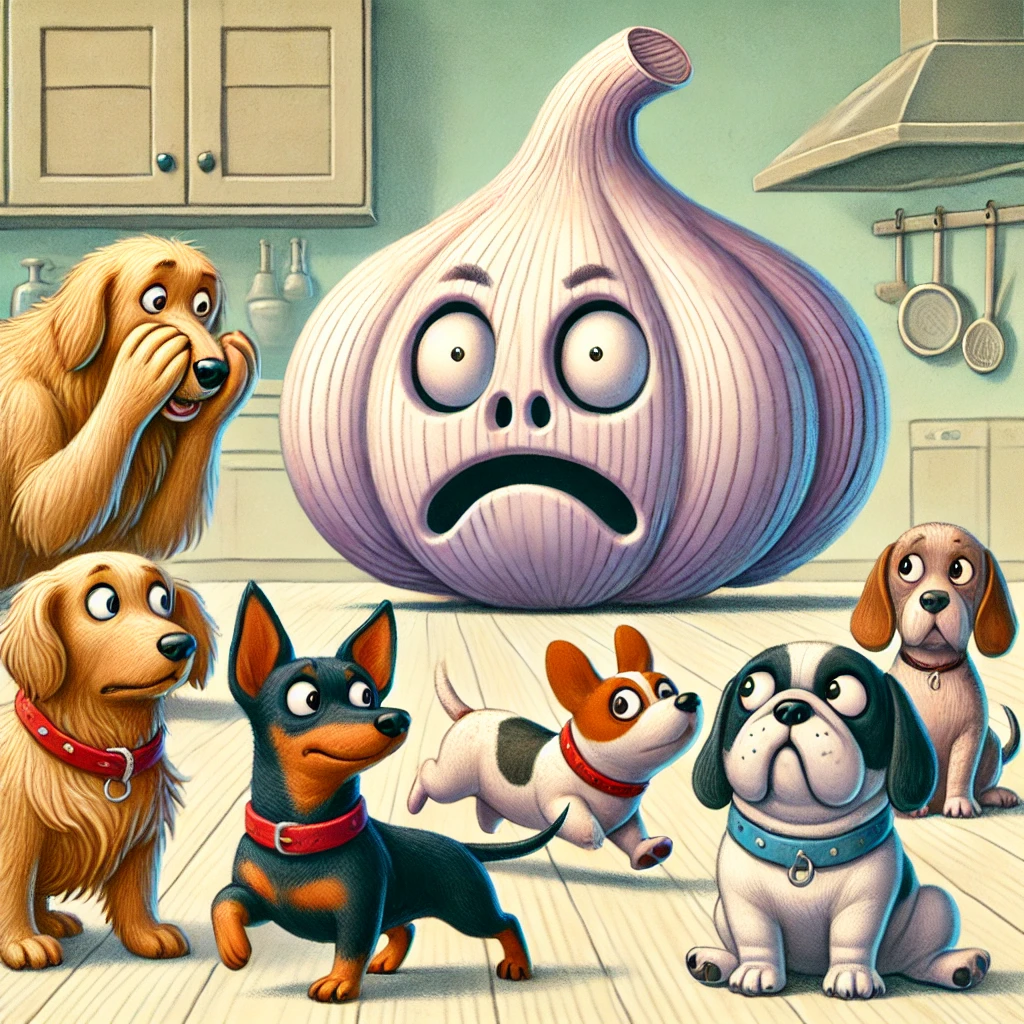
Understanding Garlic and Its Composition
Before understanding whether can dogs eat garlic, it is important to know about the composition of garlic. It belongs to the Allium family, which also includes onions, leeks, and chives, known collectively for containing compounds that are beneficial to humans yet potentially harmful to dogs. The primary concern with garlic for dogs is its content of thiosulfate and other related sulfur compounds, which can be toxic to dogs.
The Science Behind Garlic’s Toxicity
The question, “Is garlic toxic to dogs?” can be answered with a definite yes. Thiosulfate has been shown to cause oxidative damage to red blood cells in dogs, leading to hemolytic anemia. This condition can be serious and life-threatening if not treated promptly, making garlic a risky food for dogs.
How Much Garlic Is Toxic?
Understanding how much garlic is toxic to dogs is crucial. Research suggests that approximately 15 to 30 grams of garlic per kilogram of body weight can produce harmful changes in a dog’s blood. This means that even a small clove of garlic can be dangerous, especially for small breeds.
Clinical Signs of Garlic Toxicity
“Can dogs have garlic without immediate symptoms?” Often, no. If a dog consumes garlic, symptoms of garlic poisoning in dogs may take several days to appear. These include:
- Lethargy and Weakness: Indicative of the body struggling to maintain adequate red blood cell levels.
- Gastrointestinal Upset: Such as vomiting and diarrhea.
- Respiratory Issues: Difficulty breathing due to decreased oxygen transport.
- Pale Gums: A clear sign of anemia.
Is Garlic Good for Dogs in Any Form?
While some pet owners wonder, “Is garlic good for dogs?” or even consider using garlic for dogs fleas control, the risks often outweigh the potential benefits. The dosage that might be “safe” is difficult to determine and not worth the risk of garlic toxicity.
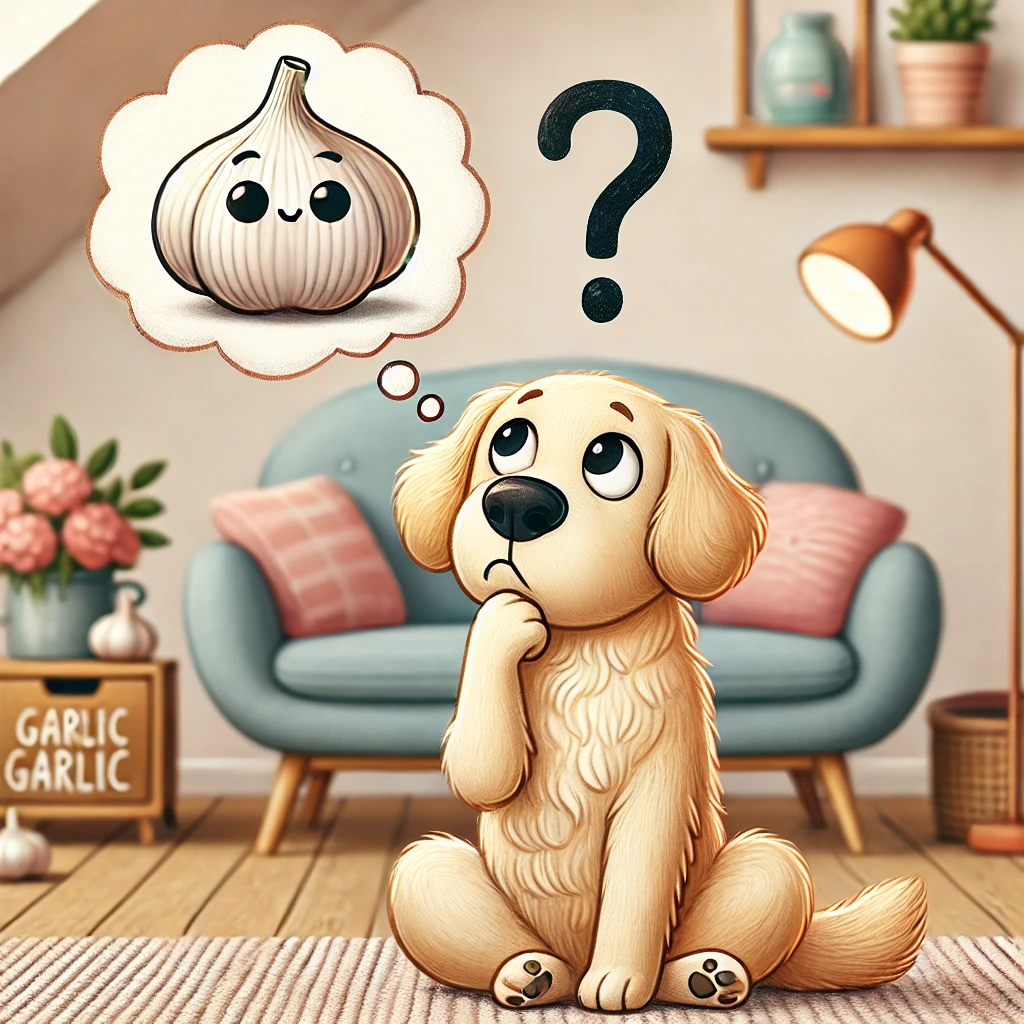
“can dogs eat garlic?” : some Benefits of Eating Garlic for Dogs
Garlic has long been praised for its health benefits in humans, but when it comes to our canine friends, the question often arises: “Can dogs eat garlic?” While it’s crucial to approach this topic with caution due to potential toxicity, some pet owners and holistic veterinarians advocate for using very small amounts of garlic for specific health benefits under controlled conditions. Here’s a breakdown of the potential benefits:
Natural Flea and Tick Repellant
Some pet owners use garlic as a natural remedy to repel fleas, ticks, and other parasites. The compounds in garlic excreted through the skin may help keep these pests away.
Immune System Boost
Garlic is known for its immune-boosting properties. It contains compounds like allicin, which is believed to enhance immune cell activity, potentially helping dogs fight off infections more effectively.
Enhanced Liver Function
Garlic has been suggested to aid in liver function by helping to detoxify the blood, remove toxins, and support liver health, although these benefits are more documented in humans than pets.
Cardiovascular Health
Garlic is also famous for its benefits to cardiovascular health. It can help in improving circulation and reducing cholesterol levels, although these effects are not as well studied in dogs as in humans.
Important Considerations
Despite these potential benefits, the risks associated with garlic can often outweigh the positives for dogs. Garlic belongs to the Allium family (which includes onions, chives, and leeks), and these plants contain thiosulfate, which is toxic to dogs and can cause damage to red blood cells leading to anemia. Therefore, it is crucial to consult with a veterinarian before adding garlic or any new food to your dog’s diet, to ensure it is safe and appropriate for your specific pet.
Treatment for Garlic Toxicity
in this blog “Can dogs eat garlic?” two different methods are described to grant relief to dogs. The first one is immediate actions required, while the other one is natural remedies.
Immediate Steps to Take
If you suspect your dog has ingested garlic, the first step is to consult your veterinarian immediately. Early intervention is crucial to prevent severe complications.
Inducing Vomiting
Under the guidance of a veterinarian, inducing vomiting is often recommended if the garlic was ingested within the last two hours. This can help reduce the amount of garlic absorbed into the bloodstream. However, this should only be done under professional supervision to avoid further complications.
Medicated Treatments
Activated Charcoal
Once your dog is under veterinary care, activated charcoal may be administered. Activated charcoal can help absorb the toxins present in the garlic and prevent further absorption into the bloodstream.
Supportive Care
Supportive care in a veterinary hospital might include intravenous fluids to help maintain hydration and support kidney function, and blood transfusions if there is significant anemia.
Medications
Depending on the severity of the symptoms, medications such as anti-emetics to control vomiting, or gastroprotectants to protect the stomach lining, may be prescribed by your veterinarian.
Natural Remedies
While medicated treatments are crucial, some natural remedies can support your dog’s recovery alongside veterinary treatment:
Milk Thistle
Milk thistle is known for its liver-supporting properties. It can help detoxify the liver after garlic toxicity and support recovery. However, it’s essential to consult your vet before administering any supplements.
Vitamin E and C
Antioxidants like vitamins E and C can be beneficial as they help combat oxidative stress caused by garlic toxicity. These vitamins help support the immune system and overall cell health.
Herbal Teas
Herbal teas such as chamomile may help soothe your dog’s upset stomach. However, ensure any tea is cool and free from sweeteners or additives before offering it in small amounts.
Dietary Management
During recovery, feeding your dog a bland diet consisting of boiled chicken and rice can help soothe their digestive system. Small, frequent meals are easier on the stomach and can help improve nutrient absorption.
Safe Alternatives to Garlic
Instead of risking the use of garlic in dogs, consider these safer alternatives:
- Proven Flea Treatments: Veterinary-approved flea prevention treatments.
- Nutritional Supplements: Supplements formulated specifically for pets and approved by veterinarians.
Conclusion: “Can dogs eat garlic?”
The takeaway from questions like “Can dogs eat garlic?” or “Is garlic safe for dogs?” is clear—garlic and dogs do not mix. The potential risks of feeding garlic to dogs far outweigh any possible benefits. It is advisable to keep all forms of garlic, including garlic powder and garlic bread, away from dogs. Always consult with a veterinarian for safe dietary choices for your pet, ensuring a healthy and happy canine friend free from the risks associated with garlic.





